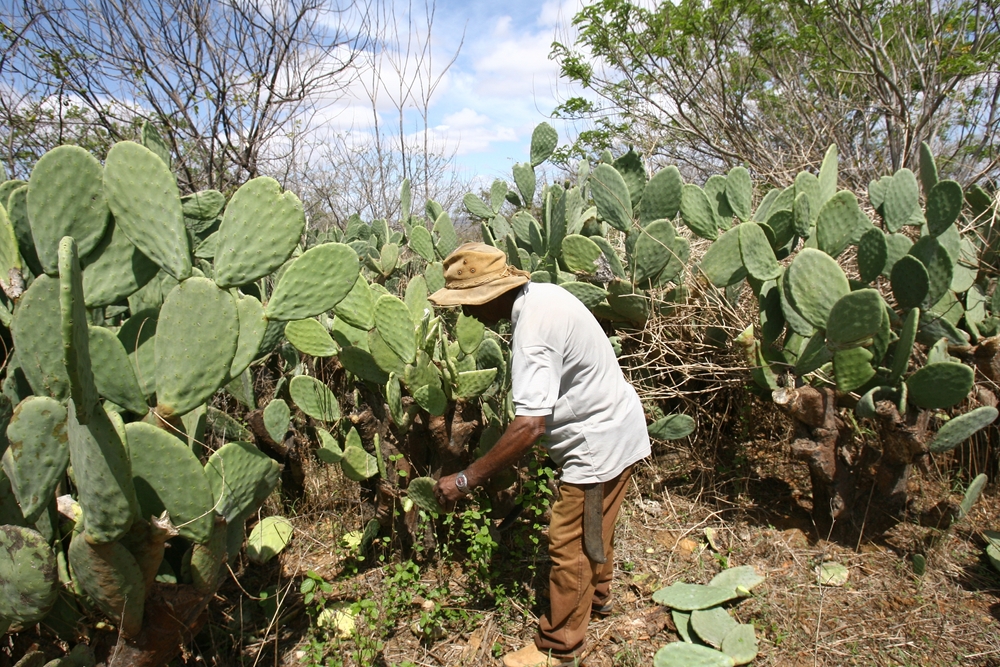In less than 30 days, the Brazilian population will go to the polls not only to elect a new president, but also to choose 27 governors and representatives for federal and state legislatures. In the country’s semi-arid region — encompassing the nine states in Brazil’s Northeast and the north of Minas Gerais — these lower ballot races are cause for concern, with efforts put in place to curb vote-buying.
Indeed, the Don’t Exchange Your Vote (Não Troque o Seu Voto) campaign is one such initiative — now reaching its home straight. It seeks to give guidance to family farmers around the semi-arid region, helping them resist harassment from local politicians who promise, in exchange for votes, to address matters that are critical to the region, such as hunger and water shortages.
The Don’t Exchange Your Vote campaign is in its sixth edition, organized by the Brazilian Semi-Arid Articulation (ASA) network, comprised of more than 3,000 civil-society organizations.
Thirst and hunger will be major issues for rural families during this election, due to budget cuts and the extinction of public policies related to water access and food security. Today, according to ASA data, 1 million people in Brazil’s semi-arid region still live without access to safe drinking water.
Nationwide studies,...


 Search
Search






































